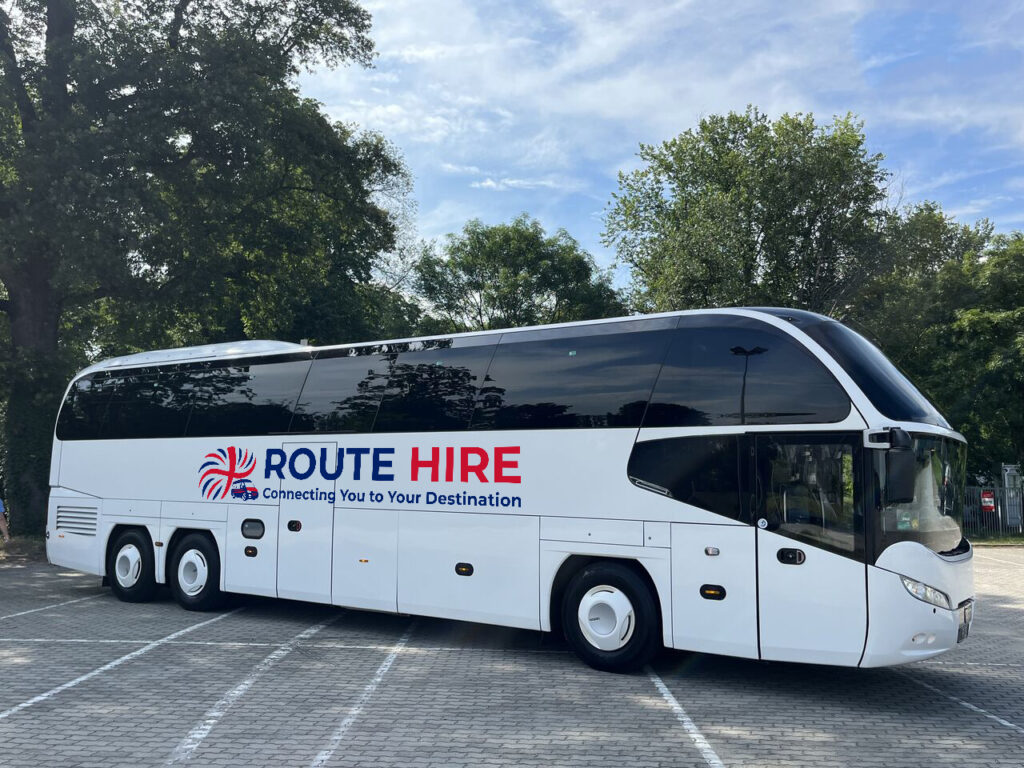Hiring a coach for transportation is common for many events, such as corporate trips, school excursions, weddings, and other social gatherings. While most coach hire services include a driver as part of the package, there may be situations where you prefer or require the flexibility of hiring a coach without a driver. Whether this option is available and advisable depends on several factors, including local laws, insurance regulations, and the specific needs of your trip. This article will explore the key aspects of hiring a coach without a driver, including the pros and cons, legal implications, and potential alternatives.
• Legal Considerations
One of the first things to check when considering hiring a coach without a driver is the legal aspect. In many countries, renting a coach without a professional driver, often referred to as “self-drive coach hire,” may not be permitted or may come with strict regulations. This is because driving a large vehicle, such as a coach, often requires specialized licenses, such as a Category D or D1 driving license in the UK.
In the UK, for example, anyone wishing to drive a vehicle with more than 16 passenger seats must hold a Category D license. If the vehicle has between 9 and 16 seats, a Category D1 license is required. In addition to licensing, drivers must adhere to regulations concerning driving hours, rest periods, and other safety measures that are particularly stringent for larger vehicles carrying passengers. Similarly, in the US, renting a coach for self-drive would require the driver to possess a CDL with passenger endorsement.

• Insurance Requirements
Insurance is another critical aspect when considering a self-drive coach hire. In most cases, coach hire companies include insurance as part of the rental package when a professional driver is provided. However, when you rent a coach without a driver, you would be responsible for ensuring the appropriate insurance coverage. Insurance is a necessary consideration when hiring a minibus. Basic insurance is usually included in the rental cost, but you may want to opt for additional coverage, such as collision damage waiver (CDW) or personal accident insurance, to minimize your liability in case of an accident.
Coach rental companies may require proof that the individual driving the coach holds the proper license and is insured to drive such a vehicle. Additionally, the insurance premium may be higher for self-drive rentals due to the increased risk associated with non-professional drivers operating a large vehicle. If an accident occurs while the vehicle is under your responsibility, any damage to the coach, other vehicles, or injury to passengers may not be covered if the insurance requirements are not fully met.
• The Complexity of Driving a Coach Driving a coach is vastly different from driving a car or even a smaller van. The size, weight, and maneuverability of a coach require a great deal of skill and experience. Coaches are typically long, and navigating tight spaces, such as city streets or narrow country roads, can be difficult for inexperienced drivers. Additionally, coaches have a higher center of gravity, making them more prone


